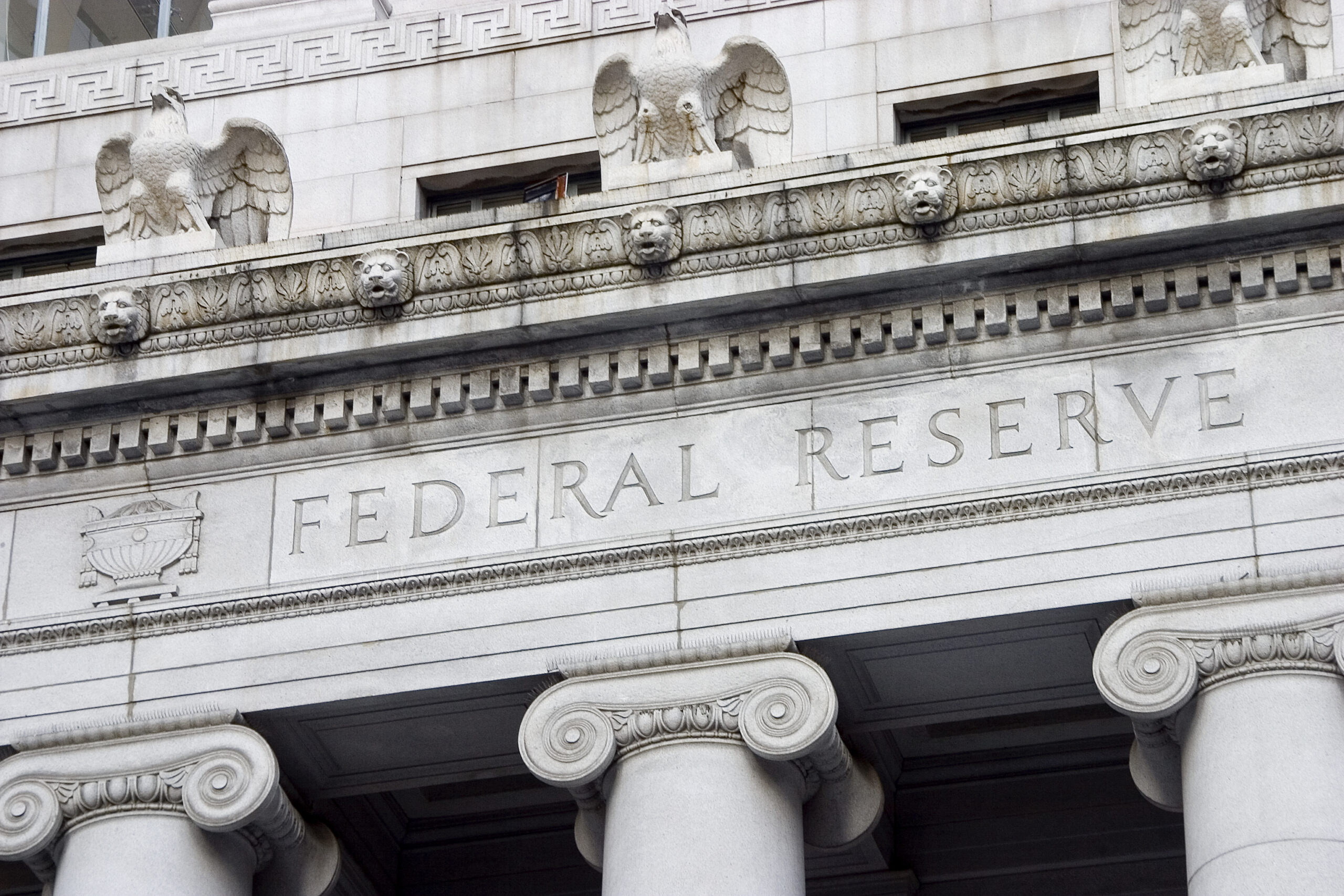Tell them it’s human nature, sang Jacob Collier.
Well, Michael Jackson crooned that in 1982 under the tutelage of Quincy Jones.
At the Denver Botanic Gardens Jul 28, musical savant Jacob Collier who Quincy Jones championed played Michael Jackson’s Human Nature with technological wizardry that turned his voice into a choir. And then the 2,500 of us on hand became his choir. If you have a chance to see Jacob Collier, take it. He is our Mozart.
Is the stock market’s behavior human nature or math?
Stephanie Link, chief investment strategist at Hightower, is also a savant in the sense that she knows more about business fundamentals than just about anyone. She’s on CNBC all the time. Maybe except for five or six hours a day when she ostensibly sleeps.
Mario Gabelli is good at it too. He said yesterday on CNBC that he just wants a look at the books, the facts, the data, on the Paramount/Skydance deal, which is expected to close a week from tomorrow.
Is that math or human nature?
I met Mario a couple times as an investor-relations guy for a telecom. I was young then and he was old and here we both are except now I’m old too.
And that’s human nature. Aging, yes. But the fundamentals of business and understanding how to value things is human nature. Skill. Warren Buffett is good at it. Benjamin Graham was good at it.
The stock market today is not that kind of math.
Jay Powell will opine today about monetary policy. Though no changes are expected, the seers will sift Mr. Powell’s words like a pack of Tarot cards. The stock market is not that kind of math either, but we’re getting closer.
Thursday, month-end options expire with everybody overweight equities. Then monthly US jobs data are out Friday as President Trump’s self-declared tariff deadline hits.
That kind of math matters too. And yet we’re still not there.
I listen to Stephanie Link on CNBC and I shake my head. Not because she’s wrong but because it’s not how the stock market works.
Most of the money depends on gaps. Not fundamentals.
It’s like looking at jobs data and expecting inflation to produce joblessness. Inflation puts downward pressure on the demand for labor, yes. It’s math. Decrease the value of money, and you need more money to make the same stuff you did before. And that means corporate attention will shift to constraining the other major input for making stuff: labor.
But what first happens is a ruse. There’s trouble. Government spurts money. The supply of it explodes and reaches people, who spend it. Prices soar. Businesses think a new demand cycle is underway. They overpay for people, overspend on capital projects.
Do you know that from 1975-79 as inflation raged in our post-gold-standard world that the US added 15% to the ranks of the employed? It’s when my grandmother went to work at the DMV. They needed two incomes for the first time. Stuff cost too much.
Jobs don’t get cut at first.
What you look for after inflation is falling prices. It’s what central banks try to prevent. They’re not remedying inflation. They’re trying to prevent deflation – because deflation leads to layoffs.
This is all happening right now. We’re in the midst of it. It’s why businesses are not laying people off and yet youngsters can’t find jobs. It’s why the Fed can’t decide if it should cut rates.
It’s why stocks and bonds and commodities and cryptocurrencies, and foreign-exchange trading, and meme stocks and all kinds of other crazy things have occurred. These are all byproducts of an inflationary bubble that generally goes misunderstood until afterward. It’s human nature to miss things. We are prone to errors, we humans.
But not Jacob Collier. He never missed a note. It’s the craziest thing I’ve ever personally experienced with music. You can’t even describe it. You have to live it.
Like asset bubbles.
Look, I don’t know anymore than anyone else what will happen next. I like the direction of the country, its government. And I do know this: Daily volatility in SPY, the ETF tracker for the S&P 500 is 0.5%. Half its long-term average. Has been since the April boomerang.
The math of the market where 500 stocks are 90% of market cap and everyone is invested in ETFs requires spreads. Gaps. This thing is mispriced relative to that thing.
Follow me?
This is not Stephanie Link’s market.
When the gaps between stocks and ETFs become too narrow, the mathematical construct fails. It’s got NOTHING to do with earnings multiples.
The market is priced by an arbitrage mechanism. Not by beating or missing estimates.
Summing, don’t look for layoffs to tell you about economic health after inflation. Everybody needs a job. And don’t look for multiples to tell you about the health of the stock market. Look at the spreads.
Not human nature. The math.
And if none of this makes sense, you need our help. To navigate it as a public company, or to generate nearly 30% year-to-date returns with model portfolios at EDGE (sign up for our free daily notes).





